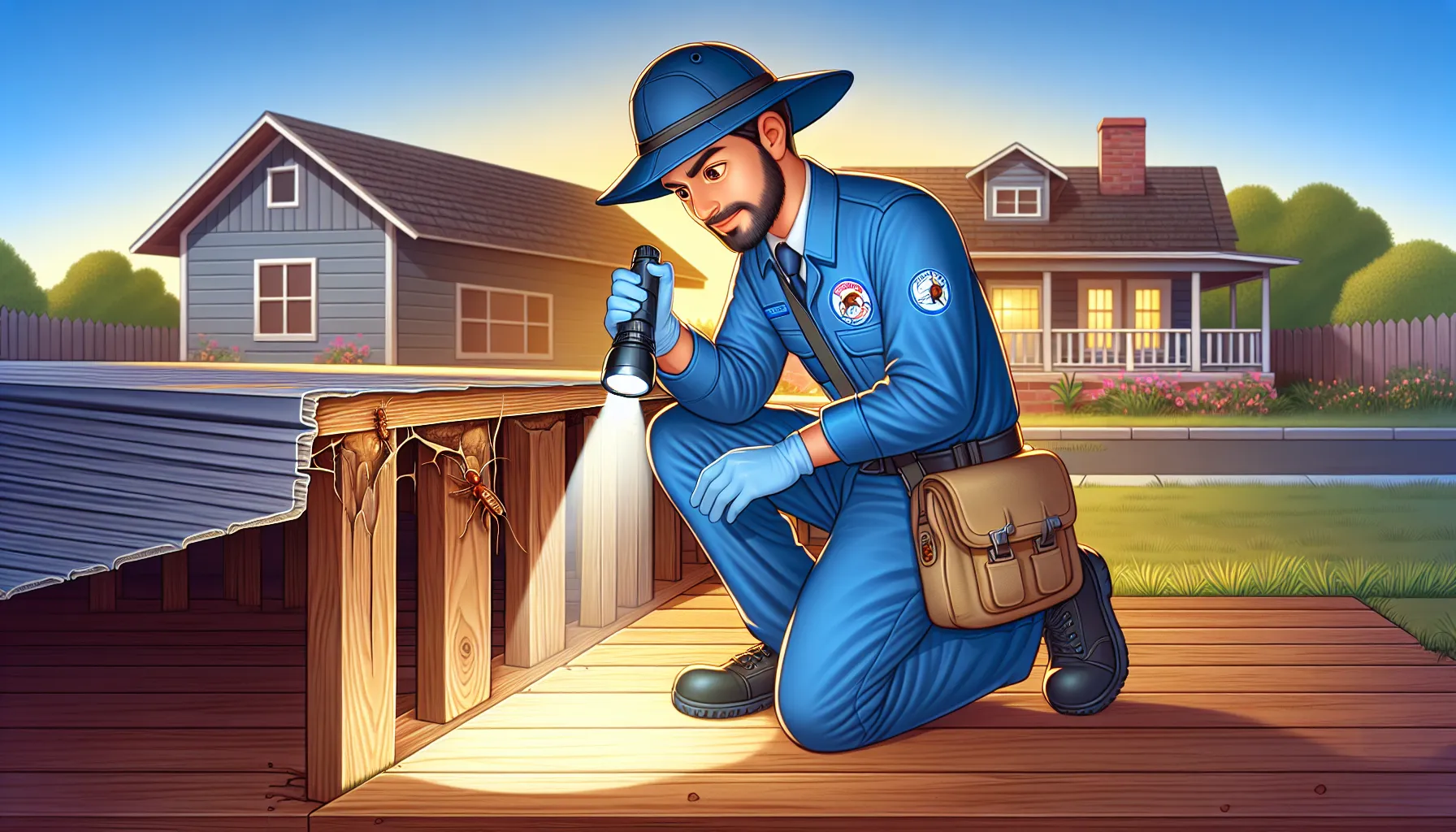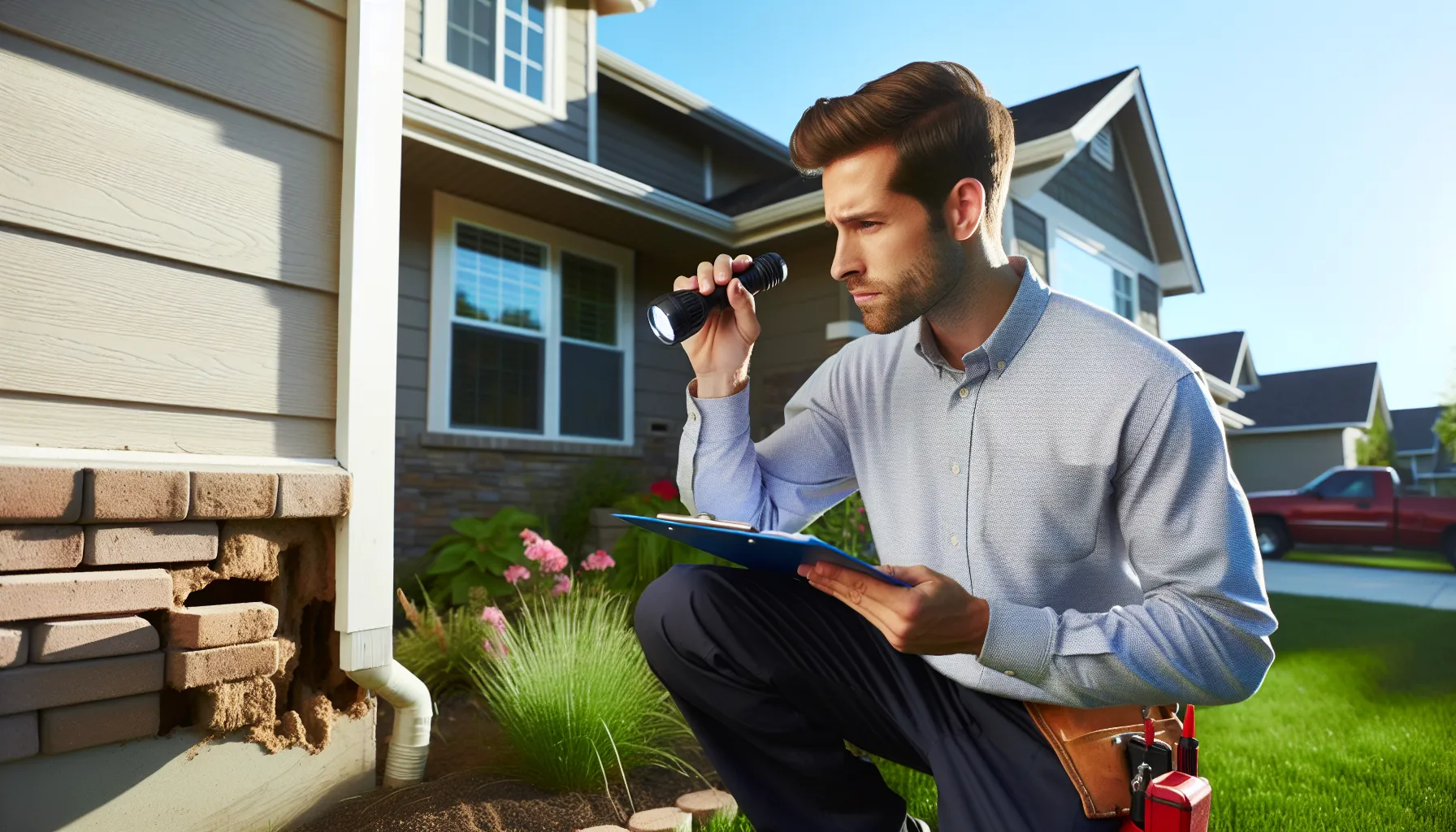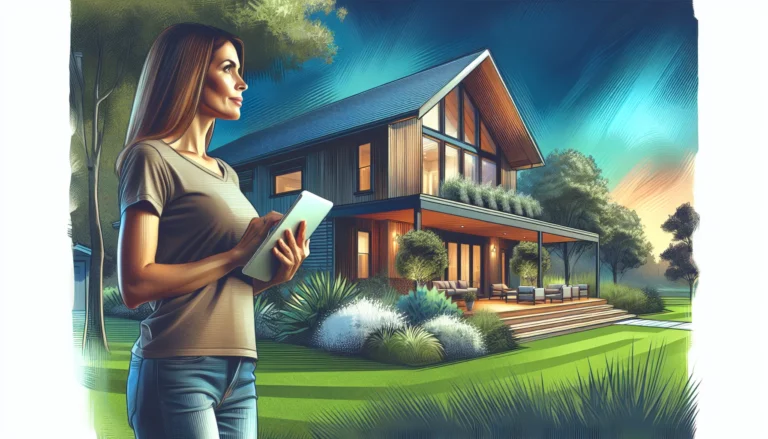Key Takeaways
- Termite inspections are essential for identifying and preventing costly damage caused by termite infestations, making them a wise investment for homeowners.
- The cost of a termite inspection typically ranges from $50 to $300 for standard evaluations, but may exceed $500 for comprehensive services.
- Geographic location and property size significantly influence inspection costs, with urban areas and larger properties often incurring higher fees.
- Basic inspections focus on visible signs of infestation, while advanced inspections may include moisture detection and thermal imaging, affecting overall pricing.
- Follow-up inspections and treatments add additional costs ranging from $100 to $2,500, depending on infestation severity and the methods used.
- Homeowners can save on costs by comparing quotes from multiple pest control companies and scheduling inspections during off-peak seasons for better rates.
Termite inspections play a crucial role in protecting our homes from costly damage. These tiny pests can wreak havoc if left unchecked, making it essential to understand the costs associated with inspections. So, how much should we expect to pay for a thorough termite inspection?
In this article, we’ll break down the factors that influence inspection costs, including location, property size, and the specific services offered. By the end, we’ll equip ourselves with the knowledge needed to make informed decisions, ensuring we’re not only protecting our homes but also getting the best value for our investment. Let’s dive into the complete cost overview of termite inspections and uncover what we need to know.
Understanding Termite Inspections
Termite inspections play a crucial role in maintaining the integrity of our homes. These evaluations identify the presence of termites, assess the extent of any damage, and help us make informed decisions about pest control and property maintenance.
What Is a Termite Inspection?
A termite inspection is a thorough examination of a property to detect termite activity or damage. Trained inspectors typically explore both the interior and exterior of structures, looking for signs of infestation, such as mud tubes, wood damage, and even live insects. Most inspections take about one to two hours, depending on the property size and access to critical areas. We can expect the inspector to provide a detailed report highlighting any findings and suggesting necessary actions.
Importance of Termite Inspections
Termite inspections serve as an essential preventive measure against costly damage. Termites can cause significant structural damage, leading to repair costs that run into thousands of dollars. Early detection through inspections allows us to address issues proactively and often reduces the overall expense of pest control. Furthermore, many lenders require termite inspections before approving financing, making them a vital part of the home buying process. Regular inspections help maintain our property’s value and protect our investment for years to come.
Factors Influencing Termite Inspection Costs

Several factors influence the cost of termite inspections, affecting both pricing and the thoroughness of the service provided. Understanding these elements helps us make informed decisions and budget accordingly.
Geographic Location
Geographic location plays a significant role in termite inspection costs. Areas with higher rates of termite activity, such as coastal regions or states like Florida and Texas, often see increased inspection prices due to demand. Local market conditions and competition among pest control companies also contribute to variations in price. For instance, urban areas may offer more options but can come with premium rates compared to rural settings. Additionally, some regions require specialized licenses for inspectors, further impacting overall costs. Keeping these geographic considerations in mind ensures we receive appropriate services for our specific area.
Size of Property
The size of the property greatly affects the cost of the termite inspection. Larger properties require more time and resources to inspect thoroughly, increasing the overall price. For example, a single-family home may cost between $100 and $300, while multi-unit residences or larger estates can exceed $400. Inspectors typically charge based on square footage, which means it’s crucial to inform them of the property’s size upfront. Understanding this factor allows us to anticipate potential costs and choose an inspector suited to our specific needs and budget.
Type of Inspection
The type of inspection requested can also impact the cost significantly. Basic inspections focus primarily on visible signs of infestation, typically ranging from $75 to $250, but may not include treatments or extensive reporting. On the other hand, comprehensive inspections, which may involve advanced techniques like moisture detection or thermal imaging, can increase costs to $500 or more. We may also choose between just an inspection or a combined package that includes post-inspection treatments. Evaluating which type of inspection aligns with our goals allows us to invest wisely and avoid unexpected expenses later.
Average Cost Breakdown

Understanding the costs associated with termite inspections helps us make informed decisions about home maintenance. Here’s a closer look at the different costs we can expect throughout the inspection process.
Initial Inspection Costs
Initial inspection costs typically range from $50 to $300, depending on property size and location. Standard inspections usually include a visual assessment of both the interior and exterior areas. Some companies charge a flat fee, while others may base their pricing on square footage. For instance, smaller homes may lean towards the lower end of the scale, while larger properties will incur higher fees. We can also find free inspections offered by pest control companies, often as part of a promotional service. It’s important to confirm what the inspection entails to ensure it meets our specific needs.
Follow-Up Inspection Costs
Follow-up inspection costs generally fall between $100 and $200. These inspections might occur after treatment to assess the effectiveness or to monitor areas of concern. Professionals often recommend follow-up assessments every six to twelve months, depending on the severity of the infestation and local regulations. Some companies may include follow-up visits in comprehensive treatment packages. It’s beneficial for us to periodically monitor any potential termite activity and address issues before they escalate.
Treatment Costs
Treatment costs vary greatly, ranging from $200 to $2,500 based on the severity of the infestation and the treatment method selected. Chemical treatments, baiting systems, and fumigation involve different processes and prices. For example, chemical treatments may cost around $300 to $1,000 for a standard-sized home, while fumigation can escalate to $1,500 or more for larger infestations. It’s vital for us to weigh the costs against potential property damage, as timely treatment can prevent significantly higher repair expenses in the future.
Saving on Termite Inspection Costs
Understanding how to reduce termite inspection costs serves as a crucial step for homeowners. We can implement several strategies to ensure that these expenses remain manageable while still obtaining comprehensive service.
Comparing Quotes
Collecting multiple quotes from various pest control companies enables us to assess the best options available. We can narrow our choices by focusing on licensed inspectors who provide detailed service descriptions and transparent pricing. It’s common for companies to offer free estimates or promotional rates, especially during off-peak seasons. Comparing at least three different quotes empowers us to make informed decisions while ensuring we’re not overspending on inspections. Furthermore, reading customer reviews helps us gauge the quality of services offered, guiding us toward trustworthy providers.
Timing Your Inspection
Timing plays a vital role in the cost-effectiveness of termite inspections. Scheduling inspections during cooler seasons, typically in late fall or early spring, can yield more competitive rates due to lower demand. We should also consider timing our inspections before the busy summer months, when termite activity peaks, leading to increased pricing and potential service delays. Moreover, aligning inspections with property sales or refinancing can maximize efficiency. By being strategic about timing, we not only save on costs but also ensure we maintain a proactive approach to pest management in our homes.
Conclusion
Investing in a termite inspection is a proactive step towards protecting our homes from potential damage. By understanding the costs involved and the factors that influence them, we can make informed decisions that suit our needs and budgets.
Whether we’re facing an initial inspection or a follow-up, knowing what to expect helps us feel confident in our choices. By prioritizing these inspections and seeking competitive quotes, we can ensure our homes remain safe and sound. Ultimately, a small investment today can save us from significant expenses down the road.
Frequently Asked Questions
What is a termite inspection?
A termite inspection is a thorough examination of a property to identify the presence of termites and assess any damage they may have caused. Inspectors evaluate both the interior and exterior, providing homeowners with a detailed report of their findings and recommendations.
Why are termite inspections important?
Termite inspections are crucial to protect homes from potential damage caused by these pests. Early detection can save homeowners from expensive repairs and is often required for financing in real estate transactions.
How much do termite inspections cost?
The cost of termite inspections typically ranges from $50 to $300, depending on factors such as property size and location. Some companies may offer free initial inspections as part of promotional services.
What factors influence termite inspection costs?
Several factors impact the cost of termite inspections, including geographic location, property size, and the type of inspection requested. Areas with higher termite activity usually see higher prices, and larger properties require more resources for thorough inspections.
How often should I have a termite inspection?
It is recommended to have a termite inspection every six to twelve months to monitor potential termite activity. Regular follow-up inspections typically cost between $100 and $200.
What is the cost of termite treatment?
Termite treatment costs can vary widely, ranging from $200 to $2,500, depending on the severity of the infestation and the treatment method chosen, such as chemical treatments or fumigation.
How can I save on termite inspection costs?
To save on termite inspection costs, consider collecting multiple quotes from different pest control companies. It’s also beneficial to time your inspections during cooler seasons for competitive rates and align inspections with property sales or refinancing for added efficiency.






